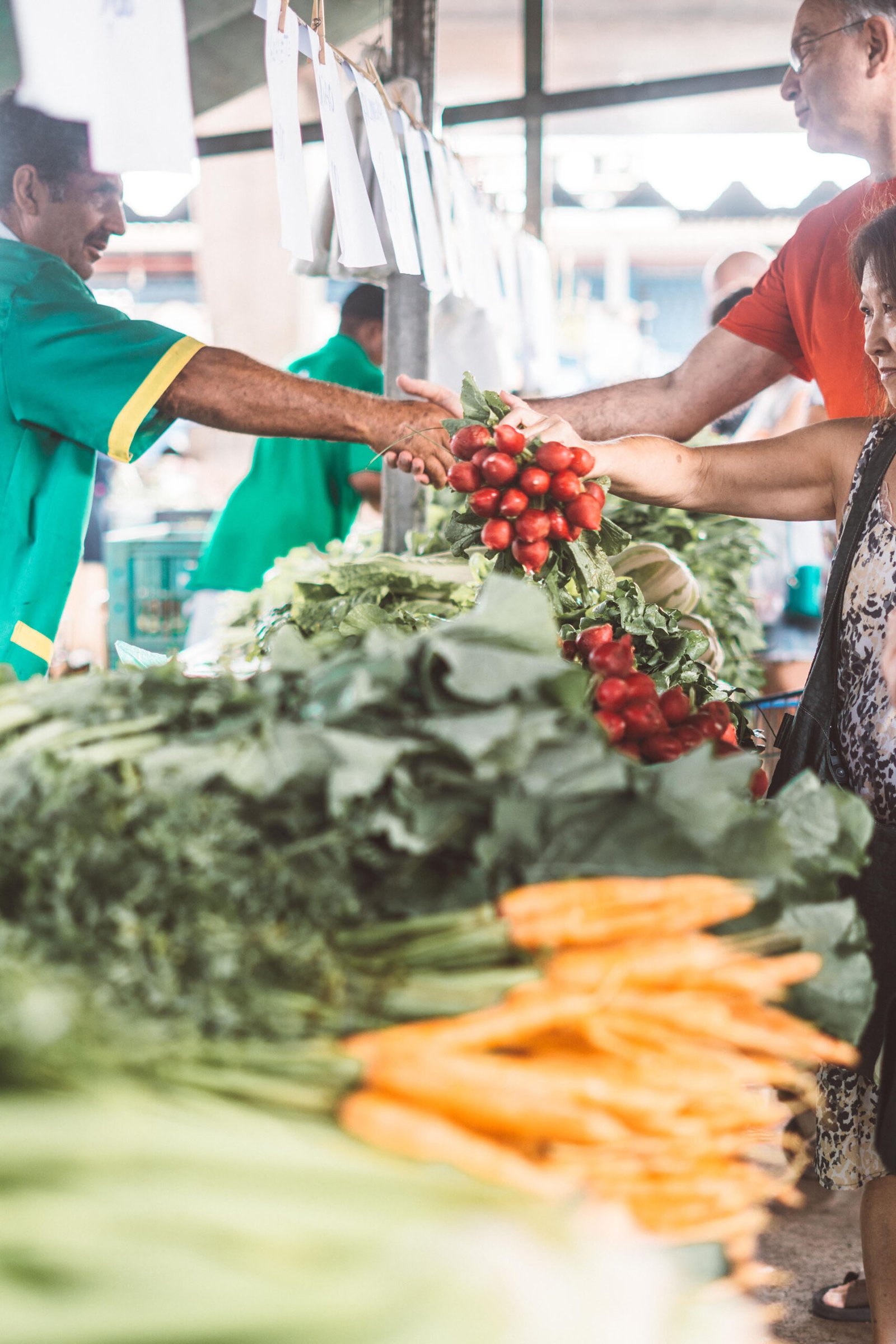
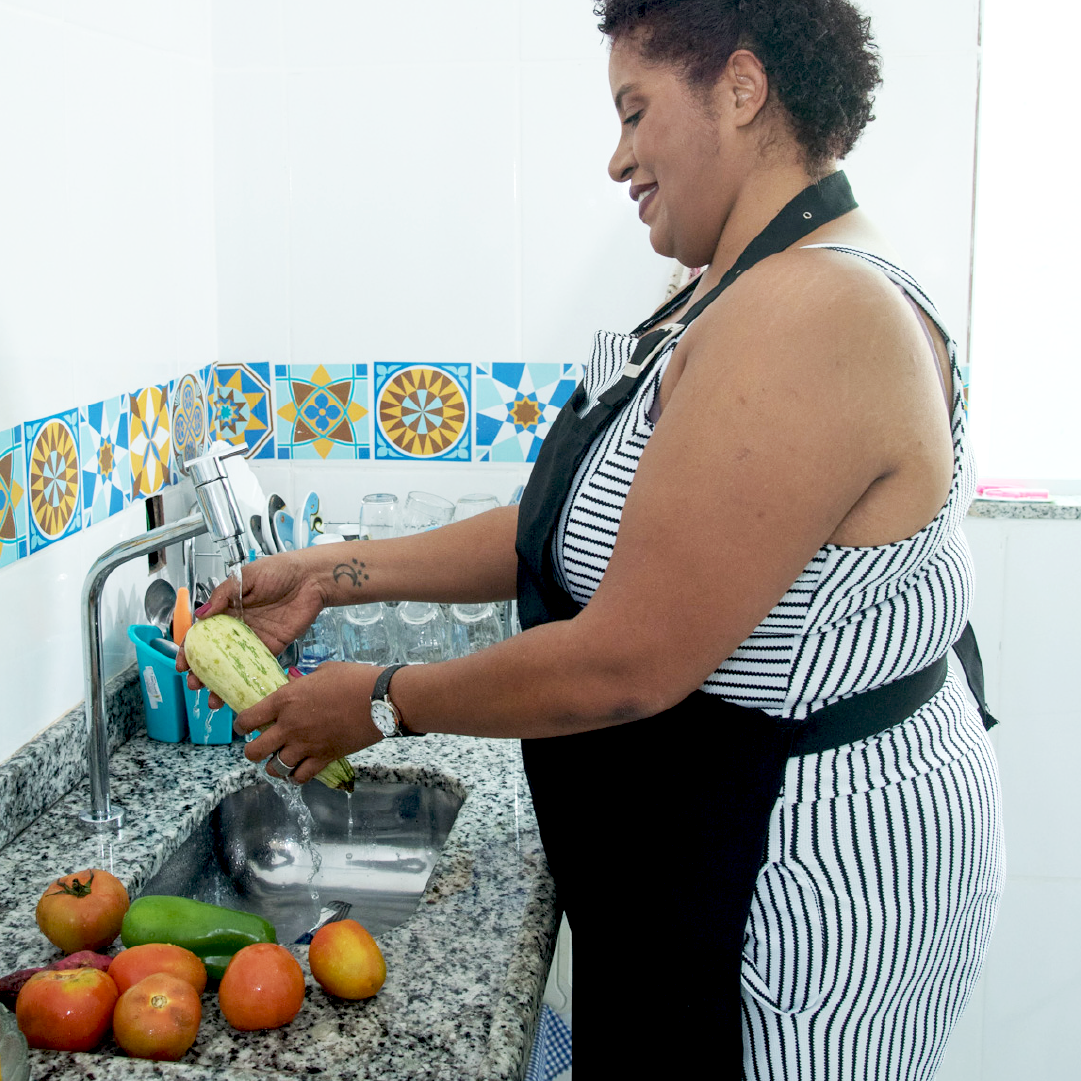
ColansaComunidad de Práctica Latinoamérica y Caribe Nutrición y … More (Latin American and Caribbean Nutrition and Health Community of Practice) is a group of professionals, of civil society organizations and universities that work in a collaborative environment to contribute to the development of healthy, sustainable, equitable and inclusive food systems and promoting improvements in the nutrition and health of the populations from Latin America and the Caribbean.
Our work takes place trough a community of practices, that is, a space for exchange between researchers and other social actors, for the advancement and creation of public policies that generate an improvement in food systems, based on collaborative learning and creation of scientific knowledge.
The community aims to play a leading role in the region, creating a space for discussion and debate in a democratic environment for the exchange of ideas and solutions to improve the region’s food systems. Thus, ColansaComunidad de Práctica Latinoamérica y Caribe Nutrición y … More also assists in the prevention of the increase in non-communicable chronic diseases, such as obesity, diabetes, cardiovascular diseases and others, the main causes of death in the world and with high prevalence in Latin America and the Caribbean.
Besides that, we aim to contribute to the innovation and development of bonds between the countries of Latin America and the Caribean, facilitating greater transparency of the tools and knowledge produced in the region to solve problems with multidisciplinary approaches.
We want ColansaComunidad de Práctica Latinoamérica y Caribe Nutrición y … More to be a reference in building practices and knowledge common to all people, individual and companies, who are interested in actively contributing to the improvement of the region’s food systems.
No member of ColansaComunidad de Práctica Latinoamérica y Caribe Nutrición y … More has any bonds with the ultra-processed beverages and food industry, nor with the tobacco and alcohol industries. Therefore, there is no conflict of interest. This allows our actions to be free, transparent and firmly focused on public health.
Advocate for policies that support healthy eating and sustainable food systems: This includes working with governments and other organizations to create policies that make healthy food more affordable and accessible, and that ensure it is produced sustainably.
Conduct research on the effectiveness of interventions aimed at improving food systems and eating habits: This includes gathering evidence on what works to promote healthy eating and sustainable food systems, and sharing that evidence with policymakers and other stakeholders.
Carry out research on the effectiveness of interventions aimed at improving food systems and dietary habits: This involves gathering evidence on effective strategies to promote healthy eating and sustainable food systems, and sharing that evidence with policymakers and other stakeholders.
Build the capacity of researchers, policymakers, and civil society organizations to work together to improve food systems and dietary habits: This includes providing training and support to help these groups collaborate in the implementation of effective interventions with a gender equity perspective.
ColansaComunidad de Práctica Latinoamérica y Caribe Nutrición y ... More integrates gender equity as a cross-cutting axis in its actions, seeking the full and equal participation of women and vulnerable populations in food systems. This means removing barriers that hinder their access to healthy and sustainable food and reducing the existing power imbalance in food systems.

Colansa’s mission is to contribute to the development of healthy, sustainable, equitable and inclusive food systems. More information:

Executive Coordinator
Nutritionist with over 16 years of experience in public health, having worked at municipal, state, and international levels. She is an expert in public policies, planning, management, and monitoring of projects, with a focus on vulnerable populations. She holds a master’s degree in Food, Nutrition and Health from the University of the State of Rio de Janeiro (UERJ) and a specialization in Public Health from the Sergio Arouca School of Public Health/FIOCRUZ.
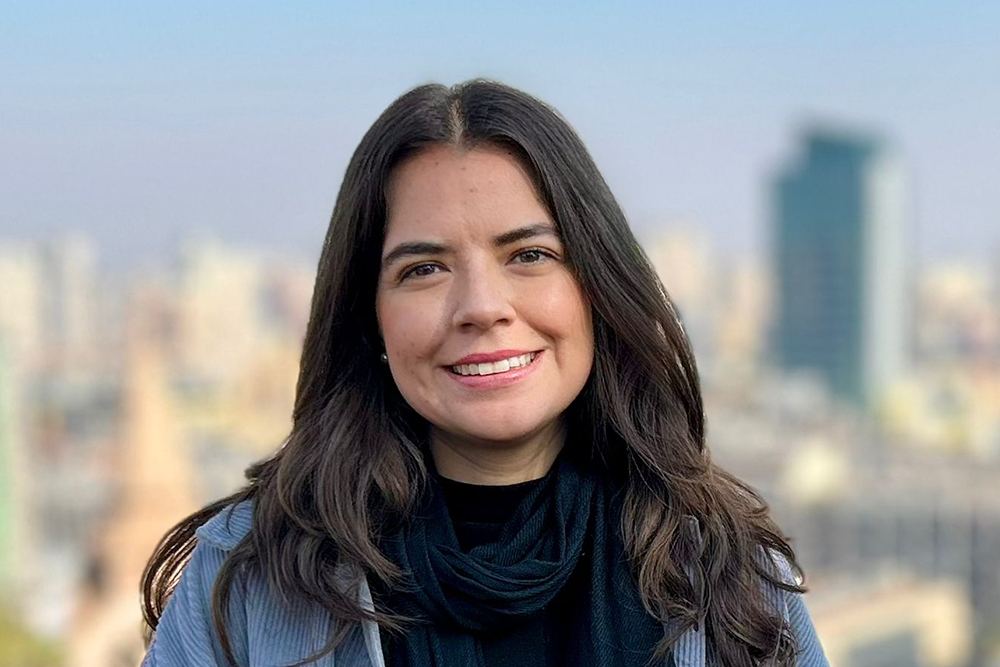
Coordinator of the Front-of-Package of Industrialized Food and Beverages Hub
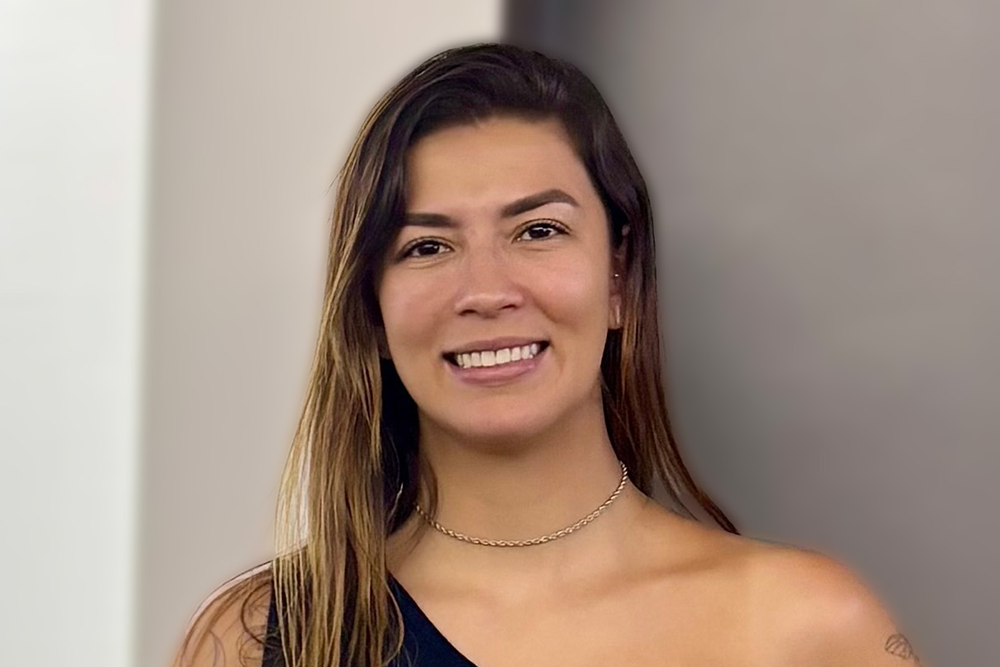
Coordinator of the Industry Interference in Public Policies on Food and Nutrition Hub
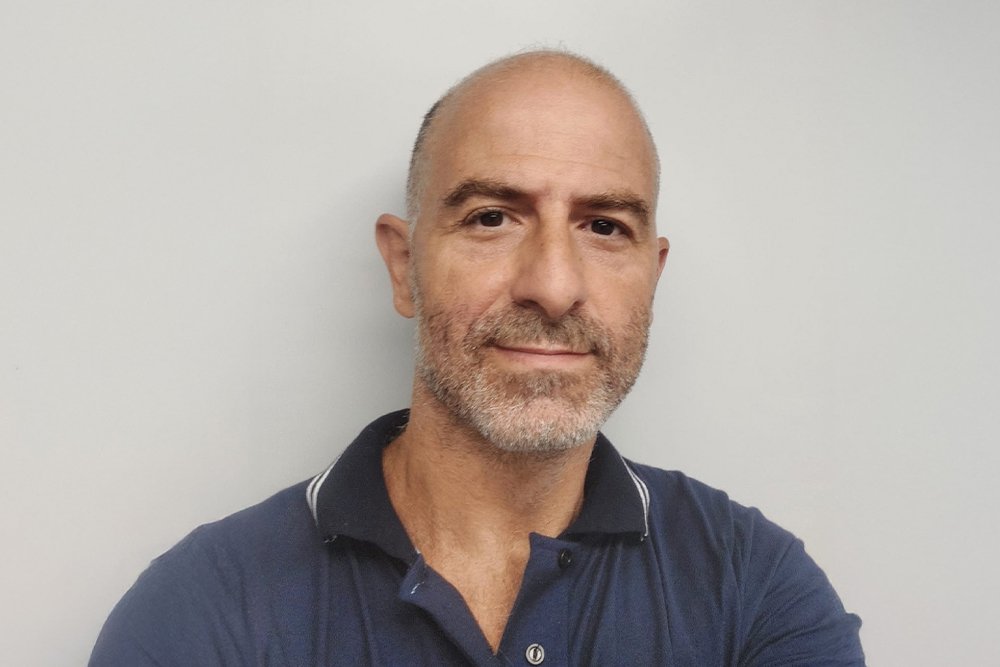
Coordinator of the Fiscal and Economic Policies
Master’s Degree in Political Economy (FLACSo) and a Bachelor’s Degree in Sociology (UBA). He worked in the National Department for Non-Communicable Diseases of the Ministry of Health of the Nation of Argentina.As a member of civil society, he participated in various projects related to healthy eating, such as the approval and implementation of the Law for the Promotion of Healthy Eating (#Front-of-Package Labeling) and the updating of the Argentine Food Code (CAA) in the article referring to trans fats.He is currently Project Director of the InterAmerican Heart Foundation (IAHF/FIC).

Communication coordinator
She is a journalist and holds a master’s degree in Communication and Information from the Graduate Program in Communication at the Federal University of Rio Grande do Sul (PPGCOM/UFRGS). She has experience as a communications advisor and content producer for trade unions and social movements in the areas of health, the environment, human rights, and culture. She has also worked as a reporter and in documentary production. In addition, she coordinates communications for the Josué de Castro Chair on Healthy and Sustainable Food Systems (USP).
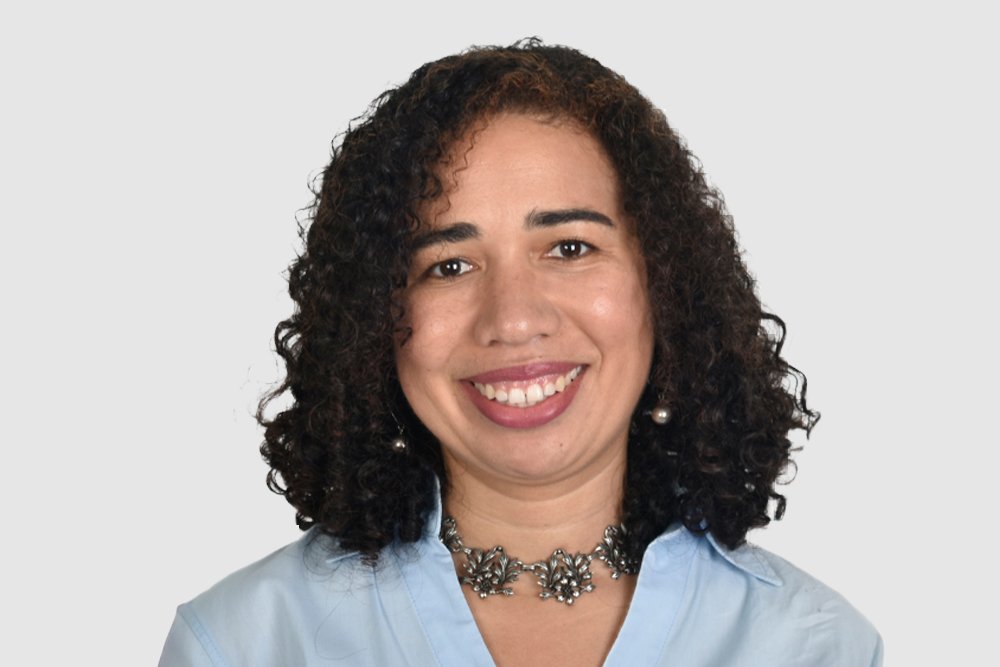
Coordinator of Saludable Saberlo
Professor and communications expert with 20 years’ experience in the professional practice of strategic communication for development, in educational communication and editorial development, working in Mexico, Spain and the Dominican Republic in educational and governmental institutions, international non-profit organizations and news agencies.She holds a bachelor’s degree in Social Communication, a master’s degree in Design and Audiovisual Production, and a master’s degree in Gender and Development.
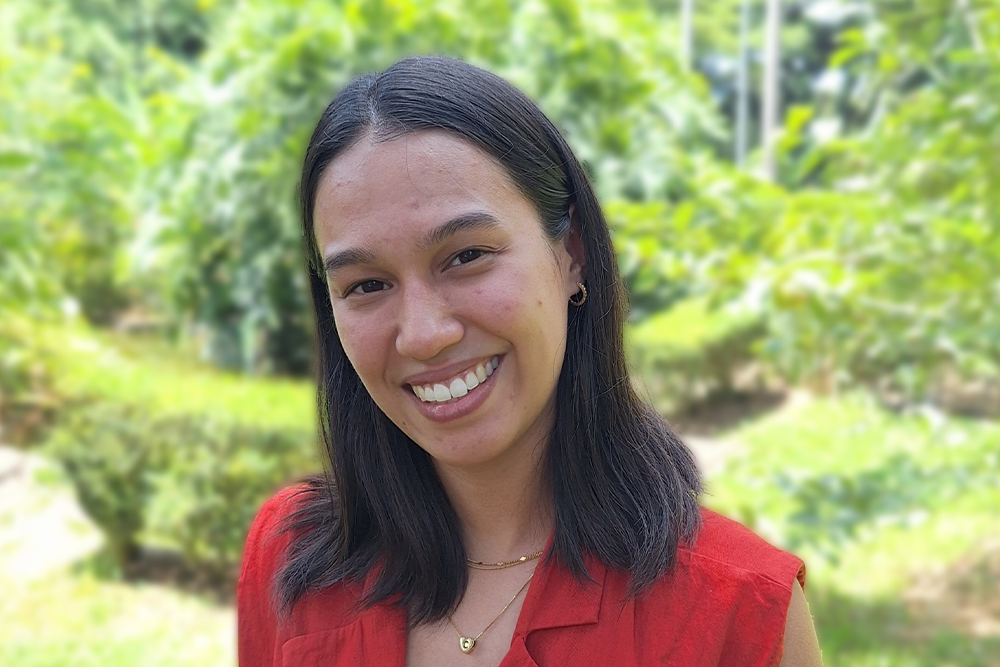
Research assistant

Research assistant
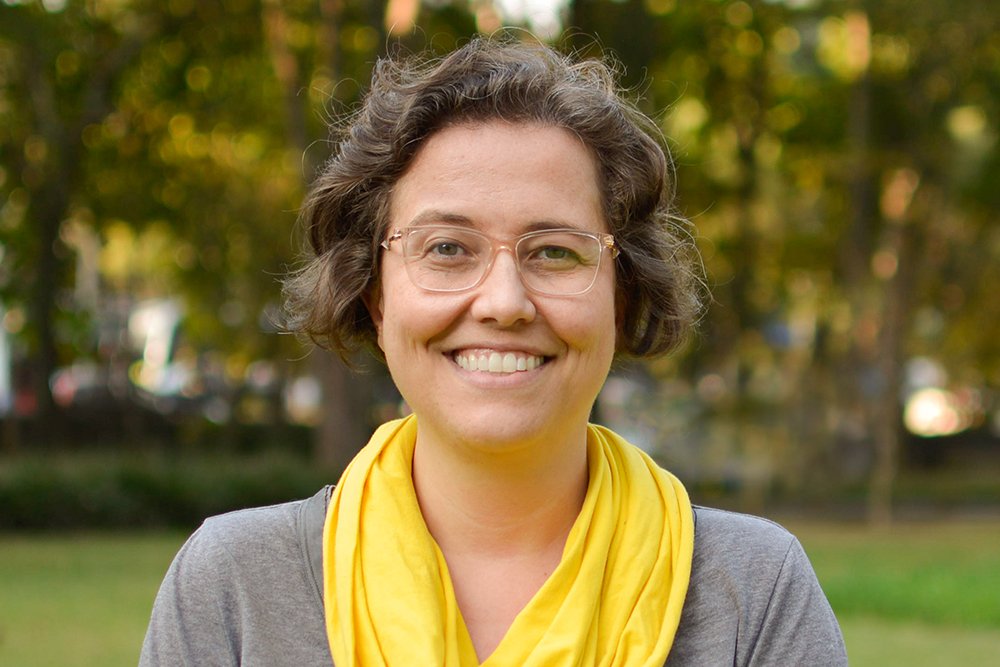
Member of the Coordinating Committee
Nutritionist and Doctor of Nutrition and Public Health. She is a professor in the Department of Nutrition at the School of Public Health at the University of São Paulo. She is a scientific researcher at the Center for Epidemiological Research in Nutrition and Health (Nupens) of the same University. Her line of research includes evaluating and monitoring public policies on food and nutrition, with an emphasis on regulatory measures on ultra-processed foods.
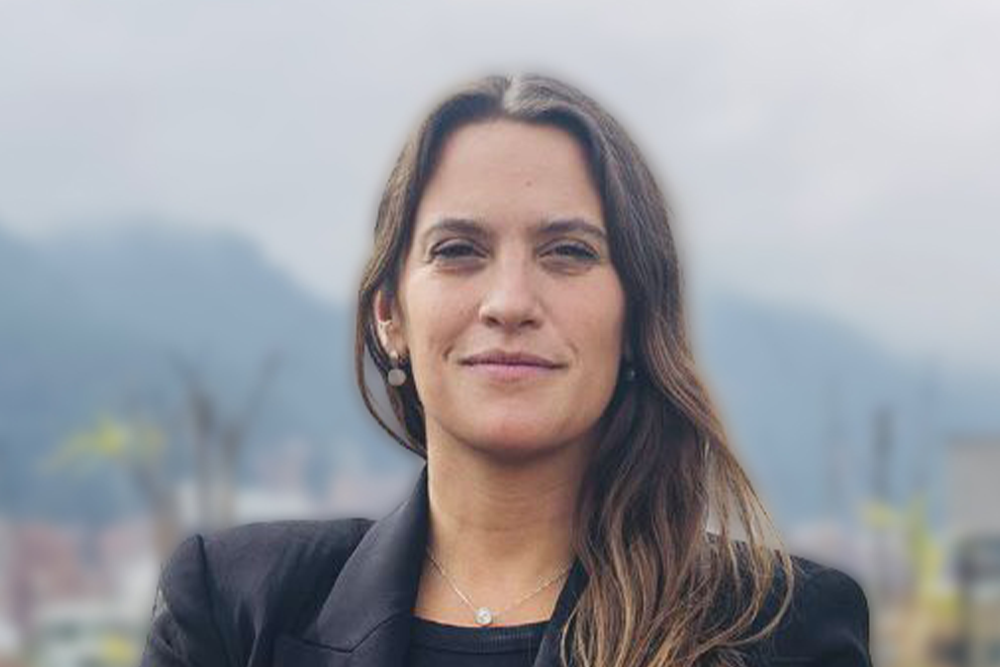
Member of the Coordinating Committee
Holds a degree in Political Sciences from Universidad del Salvador, Argentina. She has dedicated over a decade to advancing human rights, working with the Argentinian government in the field of international human rights. She currently serves as Executive Coordinator at the Coalition for Americas’ Health (CLAS), and is part of the steering committee and the advocacyAções de defesa, argumentação e pressão realizadas por … team of ColansaComunidad de Práctica Latinoamérica y Caribe Nutrición y … More. Additionally, she is a professor at the University of Buenos Aires, Law School.
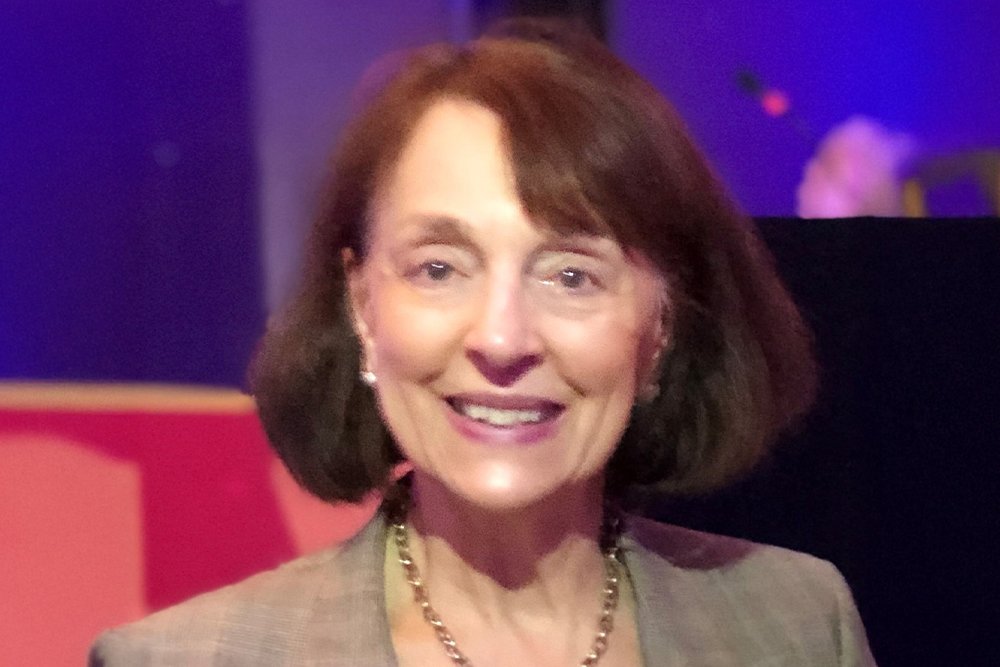
Member of the Coordinating Committee
Is dedicated to the prevention and control of noncommunicable diseases (NCDs) in the Americas.As executive director of CLAS, the Healthy America Coalition, she provides a coherent response from civil society on health policy issues. Supporting advocacyAções de defesa, argumentação e pressão realizadas por … in the region, advocacyAções de defesa, argumentação e pressão realizadas por … communication, grants, and building greater capacity for advocacyAções de defesa, argumentação e pressão realizadas por ….Some experiences: coalition to reduce salt in the diet; advocacyAções de defesa, argumentação e pressão realizadas por … for smoke-free environments; health warnings in the Caribbean and Central America; 7 media competitions; national smoking cessation plans; CARMELA study of the prevalence of risk factors for cardiovascular disease in seven cities; economics of tobacco in Argentina; chaired five regional Tobacco or Health conferences; economic studies in Central America; illicit trade in Mercosur; youth dialogue; empowerment of people living with NCDs.She is a member of the Board of Directors of the Global Alcohol Policy Alliance (GAPA) and the NCD Alliance.She is also president of INWAT, the international network of women against tobacco.She holds a Ph.D. from Rutgers University and graduated with high honors from the University of Illinois at Champaign-Urbana.
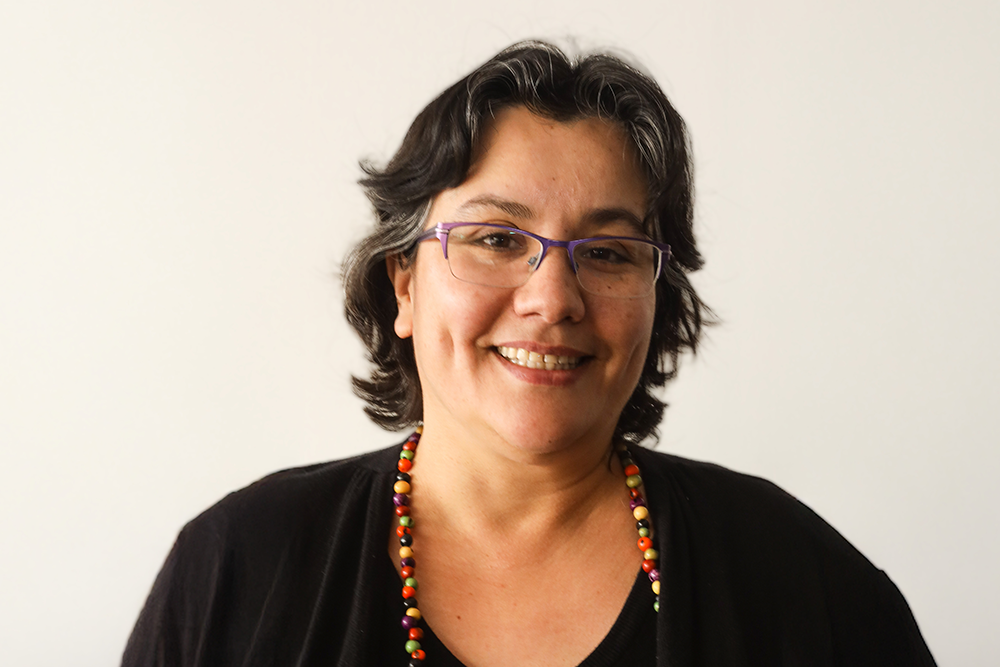
Member of the Coordinating Committee
Is Director and lead researcher of the Center for Research in Food Environments and Prevention of Chronic Diseases Associated with Nutrition (CIAPEC) Full Professor at the Public Nutrition Unit of the Institute of Nutrition and Food Technology (INTA) at the University of Chile. She is a Medical Surgeon, holds a Master’s degree in Public Health from the University of Chile, and a Ph.D. in Nutrition from Emory University, United States.
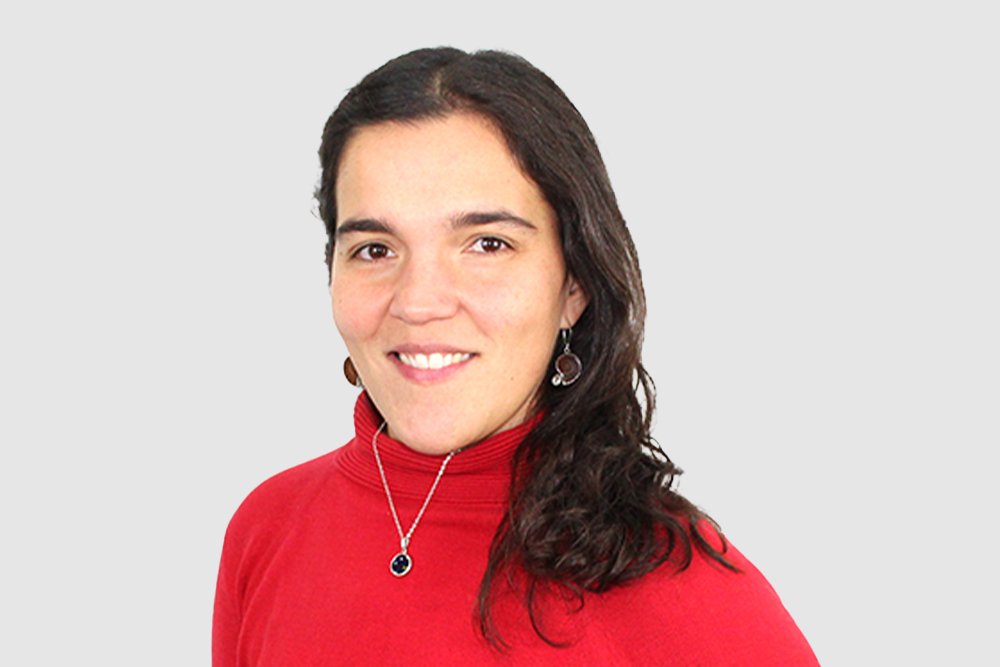
Member of the Coordinating Committee
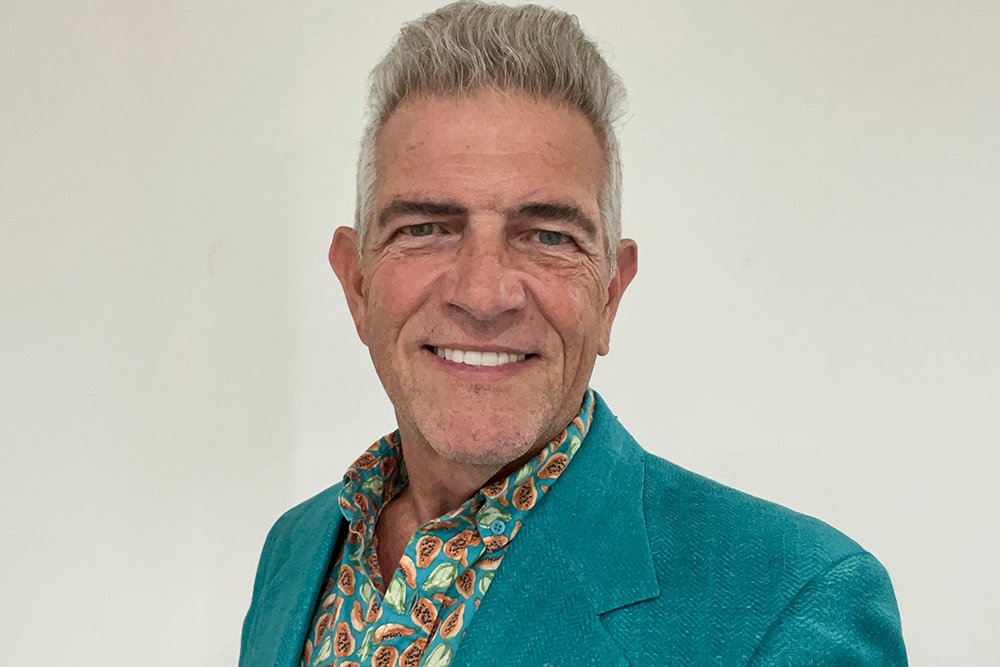
Member of the Coordinating Committee
Director de Operaciones de la Fundación Interamericana del Corazón (IAHF).Tiene 25 años de experiencia con la Fundación Interamericana del Corazón en las áreas de gestión y administración de subvenciones, gestión de registros, contabilidad, gestión y distribución de fondos, gestión de reuniones y comunicaciones en América Latina y el Caribe.Como parte del proyecto ColansaComunidad de Práctica Latinoamérica y Caribe Nutrición y … More, sus funciones incluyen: asistencia en la administración general del proyecto, gestión de subvenciones para la porción del proyecto correspondiente a la Fundación Interamericana del Corazón, informes contables/financieros y traducción.
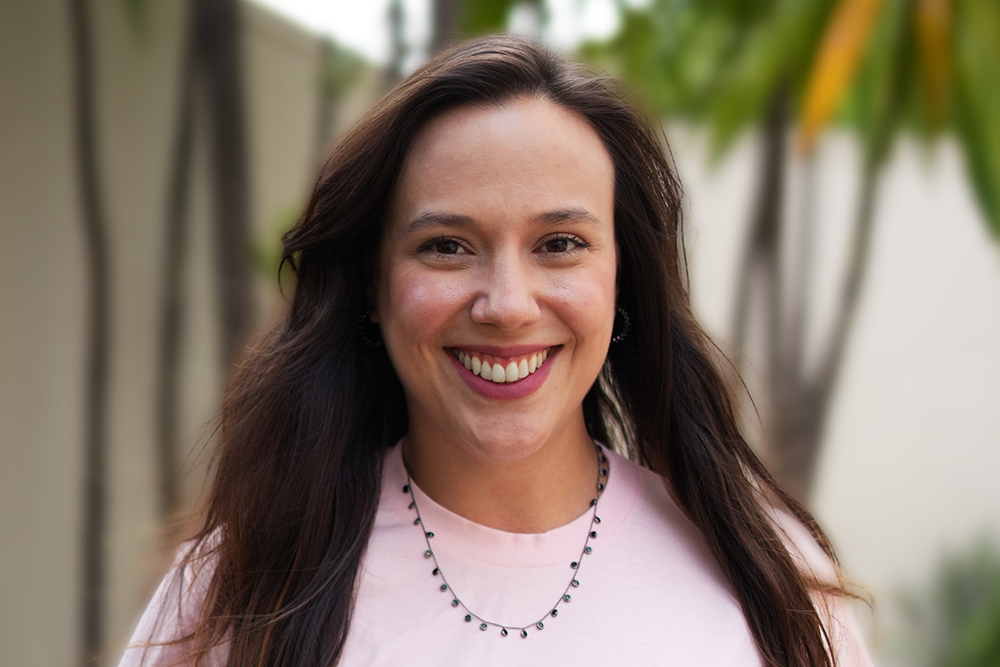
Member of the Coordinating Committee
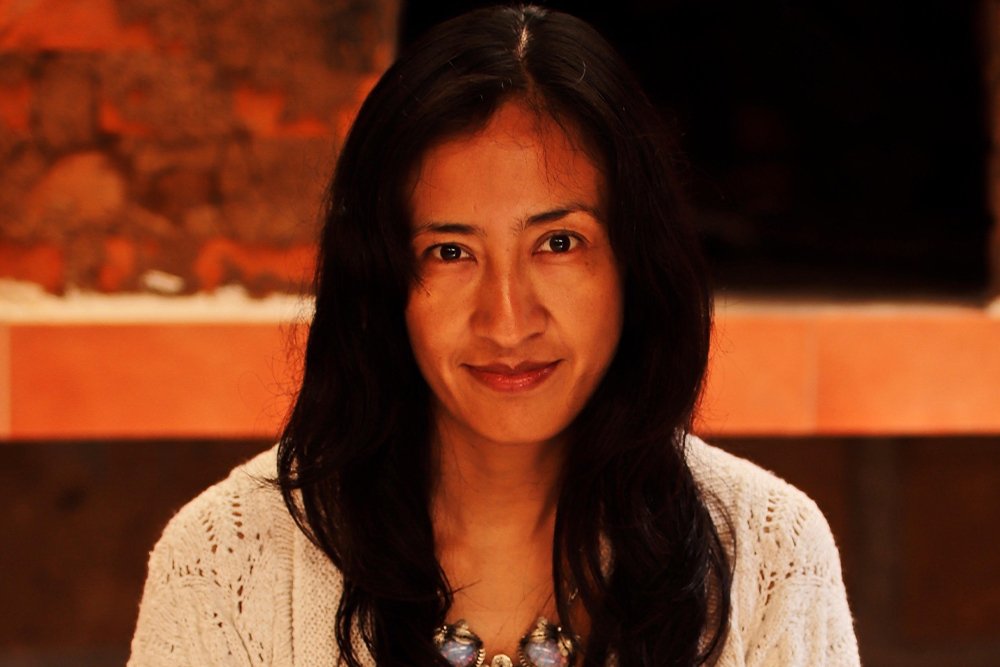
Member of the Coordinating Committee
Medical researcher at the Center for Research in Nutrition and Health at the National Institute of Public Health in Mexico. She is currently the coordinator of projects related to monitoring the obesogenic environment in schools, evaluating food and beverage advertising aimed at children and adolescents in different media, evaluating food and beverage labeling and the INFORMAS-Mexico project.She is part of the team that generated scientific evidence, designed, implemented and, now, monitors the Mexican front-of-package warning label.
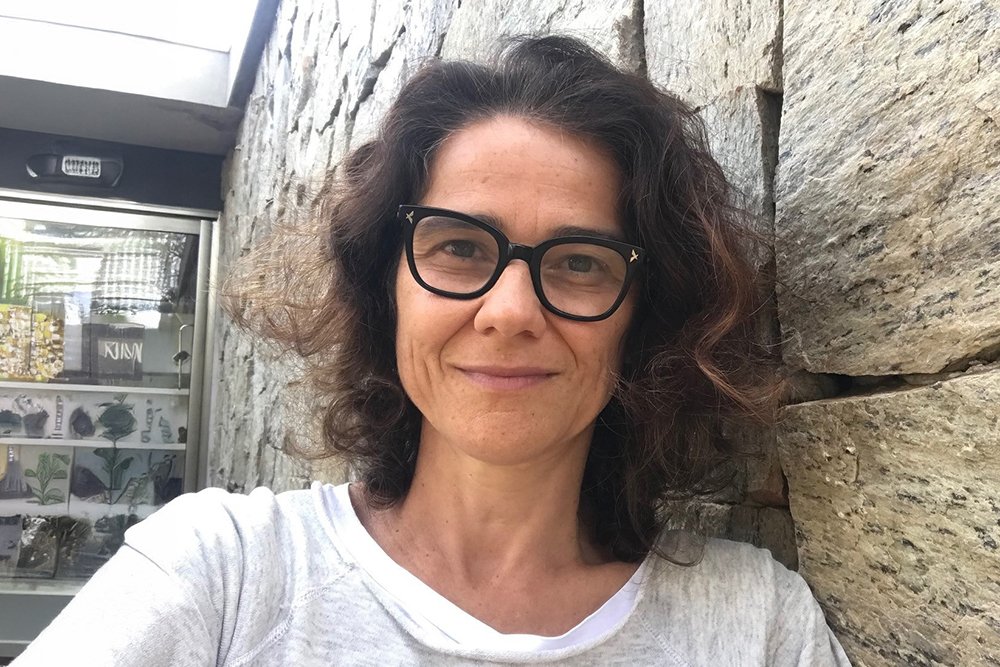
Member of the Coordinating Committee
With a degree in Business Administration and a master’s degree in Social Psychology from the London School of Economics (LSE), she has worked on the social development project management agenda for more than 15 years, for foundations, non-governmental organizations, United Nations agencies and public bodies. More recently, she has focused on the agenda of healthy, sustainable and equitable food systems, from a health perspective and defending the human right to adequate and healthy food.She is currently part of the Healthy and Sustainable Food and Nutrition Program at the Institute for Consumer AdvocacyAções de defesa, argumentação e pressão realizadas por … (Idec), where she is responsible for advocacyAções de defesa, argumentação e pressão realizadas por … and political lobbying, mainly at the regional and multilateral level.
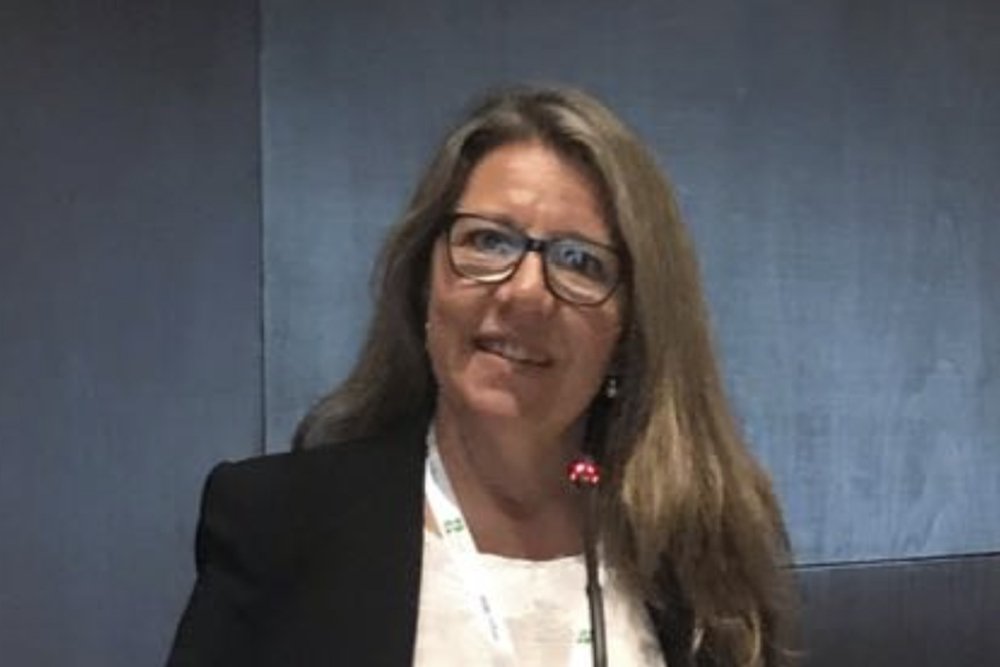
Member of the Coordinating Committee
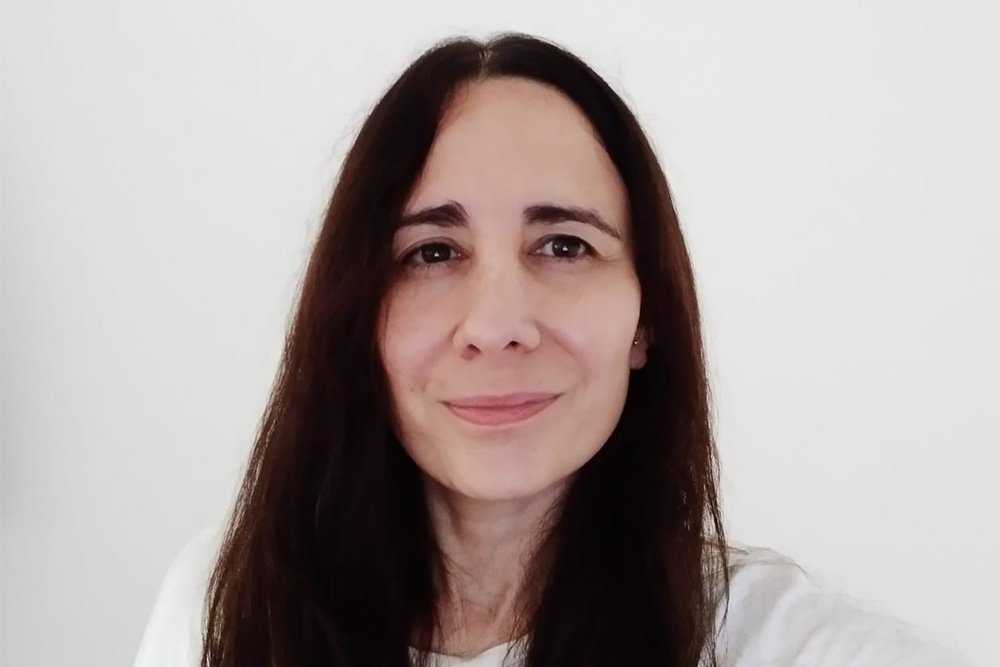
Member of the Coordinating Committee
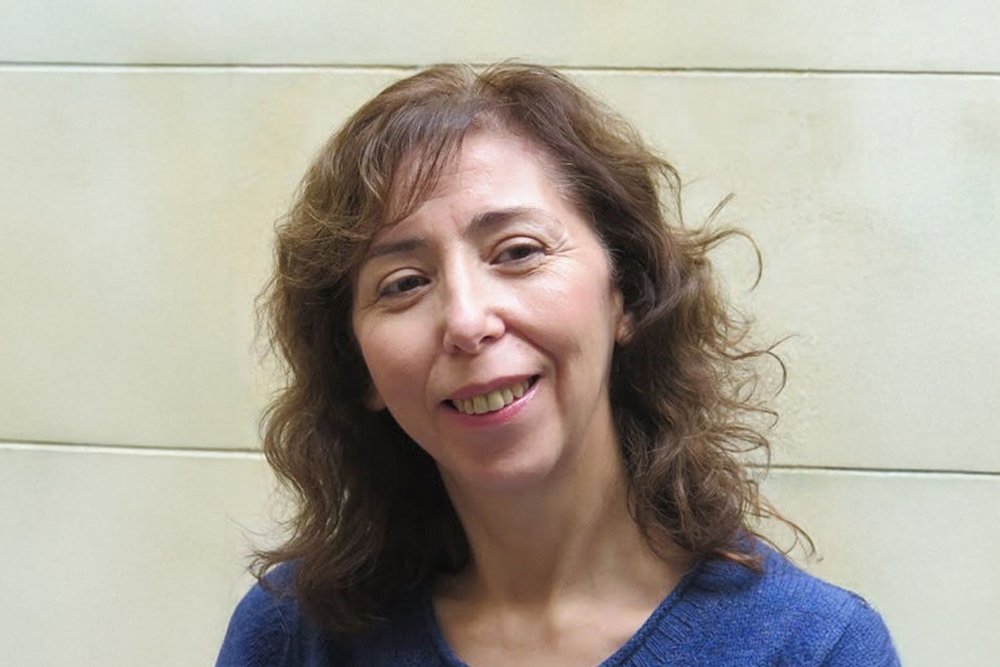
Member of the Coordinating Committee
Colansa is open to the participation of civil society and academic organizations and also of physical people who share the same interests and objectives, who are willing to share their knowledge and experiences in a collaborative and practical interaction environment, and which do not have conflicts of interest.
If you are interested in being part of ColansaComunidad de Práctica Latinoamérica y Caribe Nutrición y … More, whether you are a physical person or a member of an organization, get in touch with others.